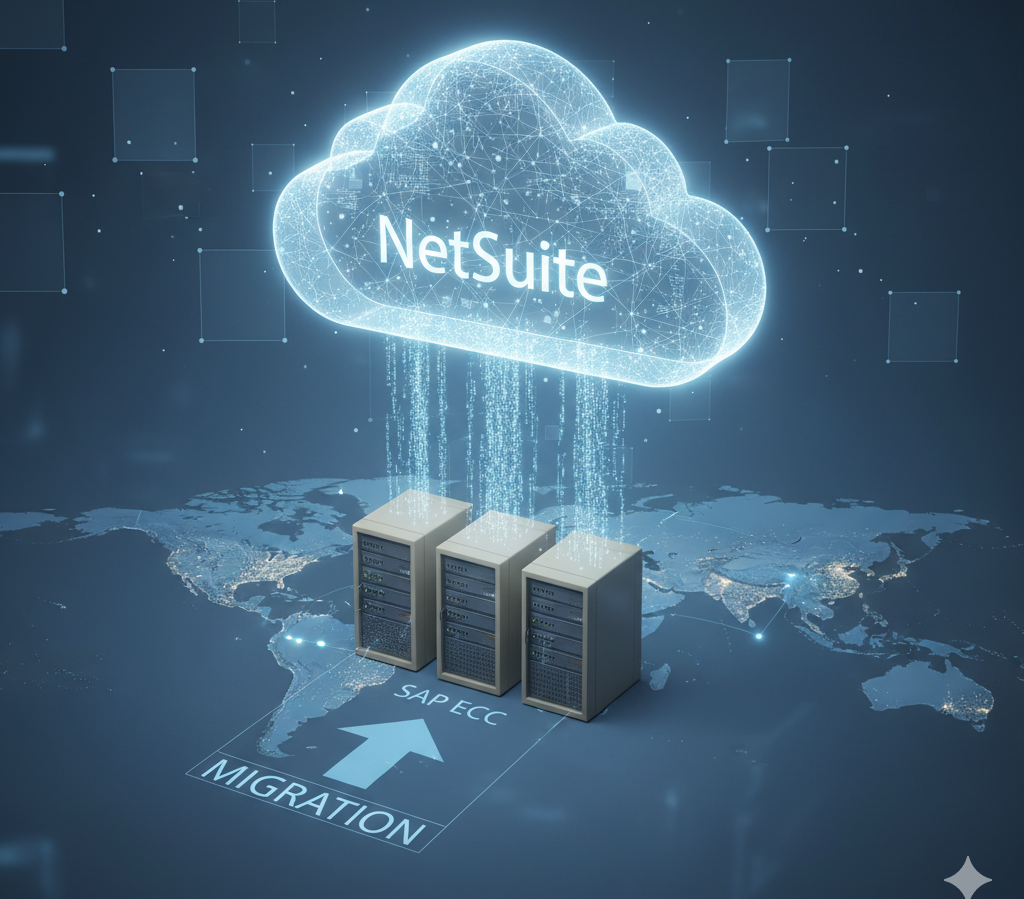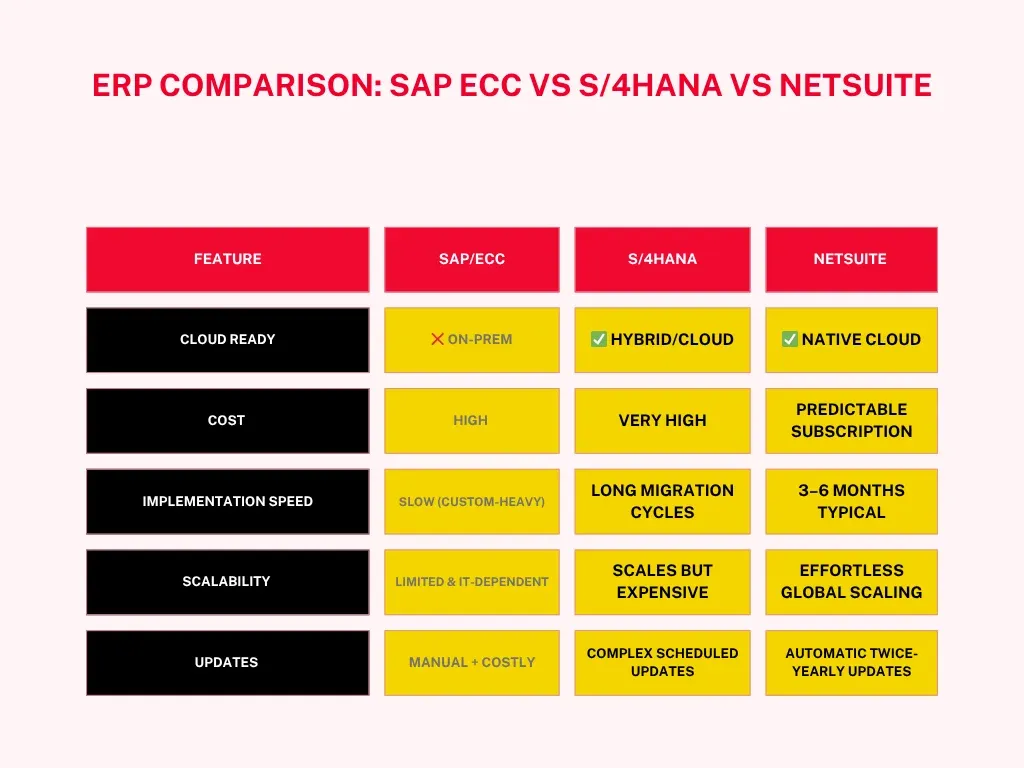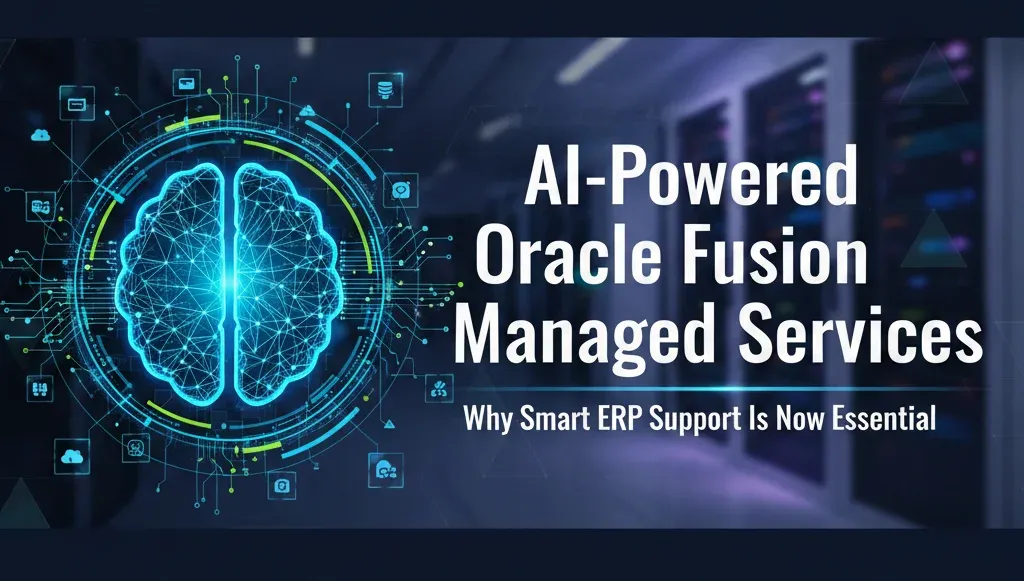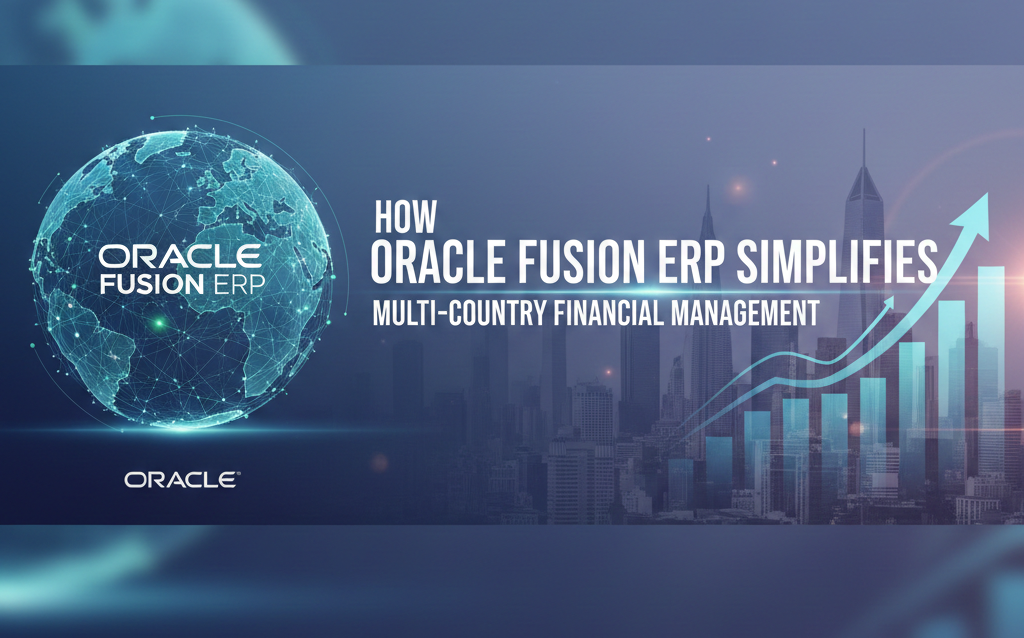Why It’s Time for a Change
For years, SAP ECC has been the backbone of many large companies — managing everything from finance to operations. But times are changing. SAP is gradually ending support for ECC, and the move to SAP S/4HANA is not a simple upgrade — it’s almost a complete rebuild.
Because of this, many organizations are now asking a key question: “What’s the best next step?” They want a system that’s modern, flexible, and future-ready — without the huge cost, long timelines, and risk that come with switching to S/4HANA. That’s where NetSuite stands out.
Why NetSuite Is the Best Replacement Option
Here’s why more and more businesses are choosing NetSuite as the right alternative to SAP ECC:
- 100% Cloud-Based
SAP ECC was built for on-premise use, while NetSuite was designed for the cloud from day one. That means no heavy servers, no complicated setup, and far less maintenance — you just log in and work from anywhere. - Faster Setup, Lower Costs
Migrating from ECC to S/4HANA can take years and cost a fortune. With NetSuite’s subscription-based model, you only pay for what you use. Most implementations take 3–6 months, depending on your company’s size and requirements. - Ready for Growth
NetSuite makes it easy to expand into new markets or manage multiple branches. It supports different currencies, tax systems, and languages, so your business can operate smoothly across regions — all in one system. - One Platform for Everything
SAP ECC often requires multiple systems and multiple consultants to manage core processes like finance, inventory, and CRM — leading to higher costs and disconnected data. NetSuite replaces this with one integrated cloud platform, so your entire business runs in sync. - Built for the Future
With today’s fast-changing business world — remote work, global teams, and digital operations — NetSuite helps you stay agile. It also lets you simplify processes, reduce manual work, and use automation to save time.
Key Things to Plan Before Migrating from SAP ECC
- Prepare and clean your data: Review which data and processes you’ll move from ECC to NetSuite.
- Decide what to customize: ECC systems often have heavy custom code. In NetSuite, you can frequently replace that with built-in features or ready-made apps.
- Train your team: A new system means new ways of working — training ensures everyone adapts smoothly.
- Choose the right partner: Work with a NetSuite partner experienced in moving companies from SAP ECC.
- Go live in phases: Start with your main modules, test, then expand — this reduces business disruption.
Why Staying on SAP ECC Isn’t a Long-Term Option
- Support is ending: SAP’s main support for ECC is ending, and extended support comes at an extra cost.
- Upgrade ≠ simple: Upgrading to S/4HANA is closer to starting over — new infrastructure, retraining, and high investment.
- On-premise limits agility: On-prem systems are less flexible and harder to scale as businesses grow.
- Talent scarcity: It’s getting tougher (and more expensive) to find ECC experts, as most are shifting to newer technologies.
Why NetSuite Fits Modern Businesses
- Cloud-first system: Access your ERP anywhere, anytime — no complex servers or IT maintenance.
- Scalable design: Whether you’re running one business unit or many, NetSuite grows with you.
- Quick ROI: Implement faster, see results sooner, and keep costs predictable.
- Multiple operations made easy: Finance, supply chain, inventory, and CRM — all in one platform for complete visibility.
- Always updated: NetSuite automatically updates your system, so you’re always on the latest version with zero downtime.

Conclusion & Next Steps
If your organization is still running on SAP ECC, now’s the time to plan your next move. Staying on ECC means higher costs and risk, while upgrading to S/4HANA can be slow and expensive. NetSuite, on the other hand, offers a modern, cloud-native ERP that’s faster to implement, easier to use, and ready for the future.
Here’s how you can get started:
- Assess your current setup: Identify what’s working and what isn’t in ECC.
- Request a NetSuite demo: See how your core processes can run more efficiently in the cloud.
- Consult an experienced NetSuite partner: They’ll help you plan migration, timelines, and costs effectively.
In short, if you’re looking for the best ERP replacement for SAP ECC, NetSuite is the smarter, faster, and more scalable choice for modern businesses.
Frequently Asked Questions
Why are companies moving away from SAP ECC?
SAP ECC is reaching the end of mainstream support, and maintaining it is becoming more expensive. Also, upgrading to S/4HANA is not a simple update — it usually involves rebuilding systems, retraining staff, and investing heavily in new infrastructure.
Is migrating from SAP ECC to S/4HANA quick and easy?
No. Moving to S/4HANA often requires long migration cycles, large budgets, and technical rework. For many organizations, the shift feels like implementing a completely new ERP system.
Why is NetSuite considered a good replacement for SAP ECC?
NetSuite is a 100% cloud-based ERP that’s easier to deploy, more flexible, and typically less costly than S/4HANA. It integrates finance, CRM, inventory, and supply chain in one platform — reducing complexity and improving visibility.
How long does it take to implement NetSuite?
Most NetSuite implementations take 3–6 months, depending on business size and customization needs. This is significantly faster than migrating to S/4HANA.
Is NetSuite suitable for growing companies?
Yes. NetSuite is designed to scale globally. It supports multiple subsidiaries, currencies, taxation systems, and languages — making it ideal for businesses that plan to expand.
Do businesses need custom coding in NetSuite like they do in SAP ECC?
Not usually. NetSuite offers native features and SuiteApps that replace many custom-coded ECC processes. This reduces dependency on specialized IT staff and makes maintenance easier.
What should a business prepare before migrating from SAP ECC to NetSuite?
Key steps include:
-
Reviewing and cleaning existing data
-
Identifying which custom processes should be simplified
-
Training users on new workflows
-
Choosing an experienced NetSuite implementation partner
-
Rolling out in phases to avoid disruption
What happens if a company stays on SAP ECC without migrating?
Over time, costs increase, support becomes limited, scalability struggles, and it becomes harder to find skilled ECC resources. This creates operational and financial risks.
How does NetSuite handle system updates?
NetSuite updates automatically twice a year, with no downtime or manual intervention. This ensures businesses always stay on the latest version.
Is NetSuite cloud-only?
Yes — NetSuite is designed for the cloud from day one. This eliminates the need for servers, large IT teams, or complex maintenance.








